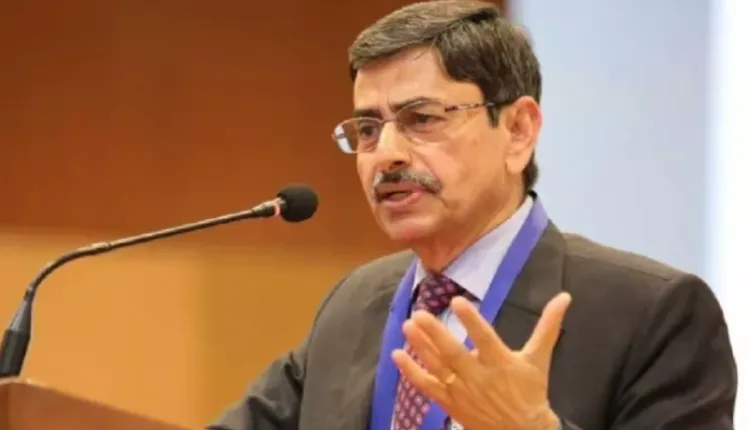CHENNAI: Tamil Nadu Governor RN Ravi has expressed serious concerns about the increasing number of crimes against Dalits in the state over the past three years, criticizing the state government’s approach to social justice. Speaking at a Gandhi Jayanthi event at Gandhi Mandap, where he and volunteers had earlier cleaned the premises of garbage, including empty liquor bottles, the governor voiced strong remarks about the deteriorating situation for Scheduled Caste communities under the current DMK government.
Governor Ravi stated, “Social justice in Tamil Nadu lies just on paper, not in practice.” He emphasized that despite the state’s ongoing claims of championing social justice, crimes against Dalits have surged in recent years. Highlighting data from the National Crime Bureau (NCB), he said that the conviction rate in rape cases involving Dalit victims is “shockingly half of the national average.”
The governor pointed out multiple incidents of atrocities against Dalits, such as the tragic hooch cases in Kallakurichi, Chengalpattu, and Villupuram, which disproportionately affected Dalit communities. He underscored that Dalits are often the primary victims of such incidents, with 60 of the 65 victims in the Kallakurichi tragedy being Dalits. “These Dalits are the primary victims of liquor mafias,” he said, referencing the prevalence of spurious liquor cases that have claimed many lives.
Further, he cited a disturbing case in Vengaivassal, where human waste was found mixed into the overhead water tank serving a Dalit colony. He noted, “Human faces were mixed in drinking water overhead tanks which served water to Dalit colonies. Entry into temples was denied for Dalits.” Such incidents, he argued, reflect the continued social discrimination faced by Dalits despite the state’s vocal support for social justice.
The governor lamented, “Every day, we hear stories of discrimination – Dalits being denied entry into temples, their water sources being contaminated, and many losing their lives while cleaning sewage and septic tanks.” He added that while discrimination against Dalits exists across the country, “the way it is happening in Tamil Nadu is unacceptable.”
Governor Ravi’s remarks also touched on systemic issues that prevent Dalits from receiving justice, including the lower conviction rates in cases involving Dalit victims. He emphasized the need for stronger measures to address these issues, saying, “It is sad and shameful to see crimes against Dalits in Tamil Nadu. In such crimes, Dalits do not get due justice.”
A particularly shocking case occurred in Mothakkal village, Thandrampet taluk of Tiruvannamalai district, where authorities halted the funeral procession of a 56-year-old Dalit woman, T. Kiliyammal, on September 30, 2024. When the Dalit community attempted to use a common road for the funeral, officials intervened, citing potential law and order concerns. This road had traditionally been used by both Dalits and caste Hindus, but local officials insisted the procession stick to the customary mud road historically reserved for Dalits.
Residents expressed their outrage over the incident, with one stating, “We have been using the customary route for generations. We requested the authorities to use the common path this time, but police and revenue officials stopped us. This is unacceptable.” The village has approximately 150 Dalit families among its 5,000 residents, and the community has faced repeated instances of discrimination. In 2023, Dalits in the village were denied access to barber services, and Dalit students faced severe discrimination in schools, with many dropping out due to the unequal treatment.
The governor’s statements bring to light the pressing issues of caste-based discrimination and violence in Tamil Nadu, raising questions about the state’s commitment to social justice. Governor Ravi called for stronger action to address these concerns, stating, “We should take a pledge to end social discrimination at all levels and also maintain cleanliness in our personal and public life.”



















Comments